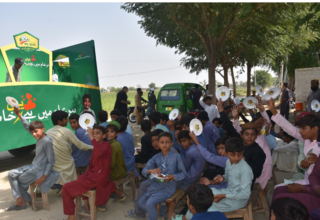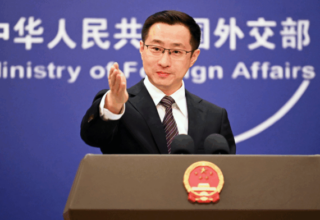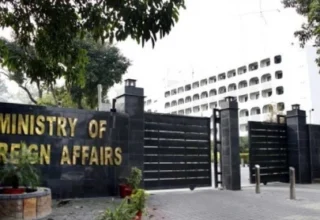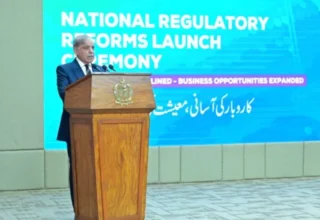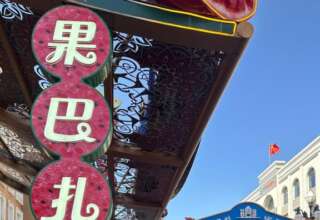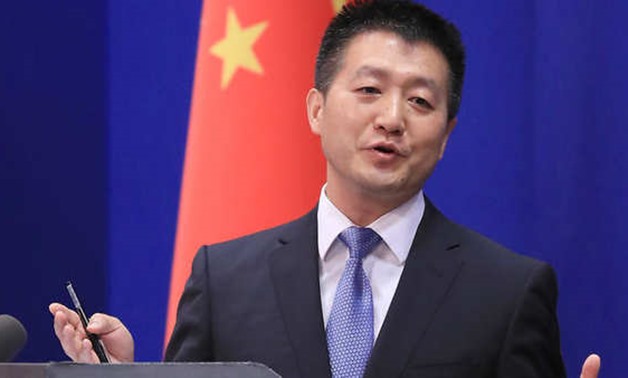
- Beijing again rebukes claims that CPEC aided to Pakistan’s ‘debt burden’
BEIJING – China Monday said that less than 20 percent of the current projects under the China-Pakistan Economic Corridor (CPEC) were using Chinese loans and over 80 percent CPEC ventures were direct Foreign Direct Investment (FDI) projects or grants.
During a media briefing here, Mr Lu Kang, the spokesperson of Chinese Ministry of Foreign Affairs MOFA, rebuked western media criticism that CPEC projects were aiding to Pakistan’s economic woes.
“Only less than 20 percent of the current CPEC projects are using Chinese loans and more than 80 percent of them are directly invested by China or using Chinese grants .. So these CPEC projects didn’t further increase Pakistan burden on the contrary it is strengthening Pakistan’s economy. We hope you can visit Pakistan and learn what local people think of CPEC and make a judgment of China-Pakistan cooperation based on facts,” Mr Lu Kang responded to a question asked during the media briefing.
He said CPEC is a symbol of China-Pakistan cooperation in the new era and also an important pilot program of the Belt and Road Initiative (BRI).
“It (CPEC) has been more than 5 years since the CPEC started and now there are 22 early harvest projects creating tens of thousands of local jobs and satisfying the electricity needs of 8.6 million households,” the spokesman said.
Lu Kang went on to say that CPEC has greatly improved Pakistan’s infrastructure and power supply and of course, it is welcomed by Pakistan government and its people.
“Carrying out major projects with international financing is a global practice. It is also an effective approach for developing countries to handle the financial bottlenecks and foster growth,” he added.
CHINA SUPPORTS MULTILATERALISM
Lu Kang also voiced his country’s support for multilateralism after France and Germany jointly proposed an “Alliance for Multilateralism” during a recent session at the United Nations Security Council (UNSC).
French Foreign Minister Jean-Yves Le Drian and his German counterpart Heiko Maas intended to officially launch the Alliance during the 74th session of the UN General Assembly scheduled for September.
“China has always staunchly upheld, supported and practiced multilateralism,” spokesperson Lu Kang said at a press briefing while commenting on the proposed Alliance, adding that China supports the efforts of the international community including France and Germany in maintaining multilateralism.
Lu said China stands ready to work with all parties in preserving the international order and regime with the purposes and principles of the UN Charter at its core, and the rule-based multilateral trade regime with the World Trade Organization (WTO) at its core, with a commitment to multilateralism.
Against the backdrop of a surging trend toward economic globalization and multi-polarization as well as a constant increase in global challenges, the world needs multilateralism more than ever before, the spokesperson said.
Speaking of Chinese President Xi Jinping’s remarks at a forum on global governance attended by French, German and EU leaders during Xi’s recently-concluded European visit, Lu mentioned Xi’s advocacy for safeguarding multilateralism, enhancing international dialogue and cooperation, and jointly addressing the deficits in governance, trust, peace and development, so as to improve global governance.
“China is ready to work with all parties in facilitating a new type of international relations featuring mutual respect, fairness, justice and win-win cooperation, to jointly build a community of shared future for mankind,” Lu concluded.

